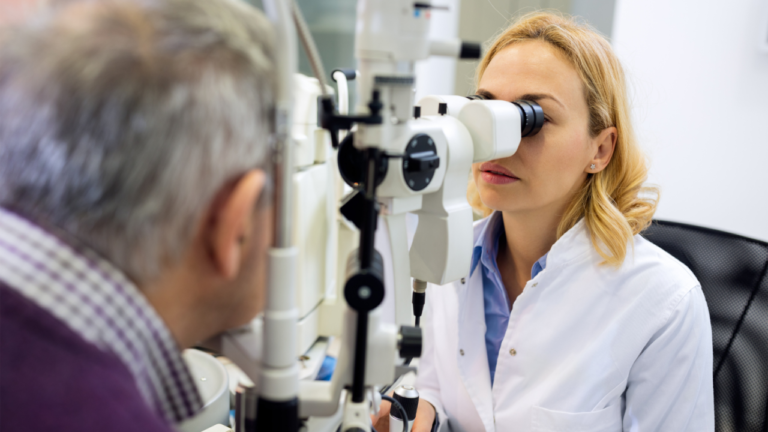Protecting Sensitive Information Of The Patient With Know Your Patient (KYP)
The identity verification service is consumed by all industries worldwide. It is being utilized mainly for the prevention of money laundering and online fraud, Nowadays most other sectors which are not related to critical financing are opting for the KYC compliance systems. One of the major examples is the healthcare sector that is adopting the KYC service as the KYP (Know Your Patient) to get information about their patients.
The era of the pandemic of COVID19 has increased the demand for online platforms in all areas of work. Using new methods of online and hybrid working has become prominent even after the pandemic as they provide a fast user experience. The health sector is also availing of digital sources for the verification of their patients and other employees.
The healthcare market size is getting renowned with a great increase in telemedicine over the past few years, especially after the pandemic. According to Statista, the global telemedicine market record for 2019 was touching approximately 50 billion US dollars.
What is KYP?
An example of telemedicine is distant medical health care which provides an efficient way to interact with health officers. This is a good way of interacting as most patients have fear of physical consultation with the doctors. With the widespread use of telemedicine, various frauds of identity theft are increasing in the healthcare sector.
Talking about fraudulent activities in the healthcare sector, sadly the fraudsters are performing illegal acts in the medical industry as well. Taking this issue into consideration, the authorities have made the KYP (Know Your Patient) check to stop the attackers from affecting the medical field. KYP is a solution for the health industry to figure out the identity and other information of the industry by using different methods of patient verification. The KYP (Know Your Patient) is a check that is performed to protect the sector from getting their information stolen.
Protecting Sensitive Patient Information With KYP
Bad actors are always looking to get their hands on the sensitive information which they can use to exploit the user for multiple actions of theft, and bribery. They mostly get the advantage of the loopholes present in the remote systems due to improper implementation of patient verification.
To tackle the offenders of the remote systems, the KYP principle is implemented with proper authorizations of verification. The KYP check is also made compulsory by healthcare organizations and laws such as the HIPPA (Healthcare Insurance and Portability Act) which was proposed in 1996. According to HIPPA, the KYP policy is a must to protect the patient’s data from theft and scams.
Patient Verification System Using Digital Methods of Verification
After the outbreak of COVID 19 when the complete lockdown was implemented all over the world, the remote digital techniques of medication came into play to help people worldwide. The new technologies were implemented which focused on providing efficient healthcare consultancy to the patients. Still, the systems were unprotected from online spoofing and many patients suffered because of it. With the KYP principle, identifying patients with multiple checks of patient age verification and patient identity is effectively completed to figure out the real and fake patients. Several new methods of patient identity verification are used by the online health platforms and remote pharmacies for securing the systems. One of the major methods of verification is the biometric verification technique.
Biometric Verification System to Identify Patients
The use of digital verification services such as the biometric scanning of the patient by pharmacies is helping in achieving the best outcomes against the attackers. The biometric verification system uses multiple methods of utilizing human biometric characteristics for the evaluation of the patient. The patients verify their identity online by scanning their fingerprints or in some systems face scanning is performed. The system identifies the patient by detecting their attributes already stored in the repository of the system. With the use of biometrics, the blackmailers cannot access the user profiles as they are protected by biometric means of authorization.
Conclusion
With the increase in the fraud within the telemedicine system the authorities must protect their digital platforms from getting breached. With proper KYP (Know Your Patient) the health organizations make sure that the right people are availing their medical resources.
Each patient has confidential information that is managed efficiently and securely by the KYP patient management system in order to protect the community. The biometric verification system is a leap forward to securing the online systems as they are accurate in identifying real patients, preventing attackers from getting access to the systems.






